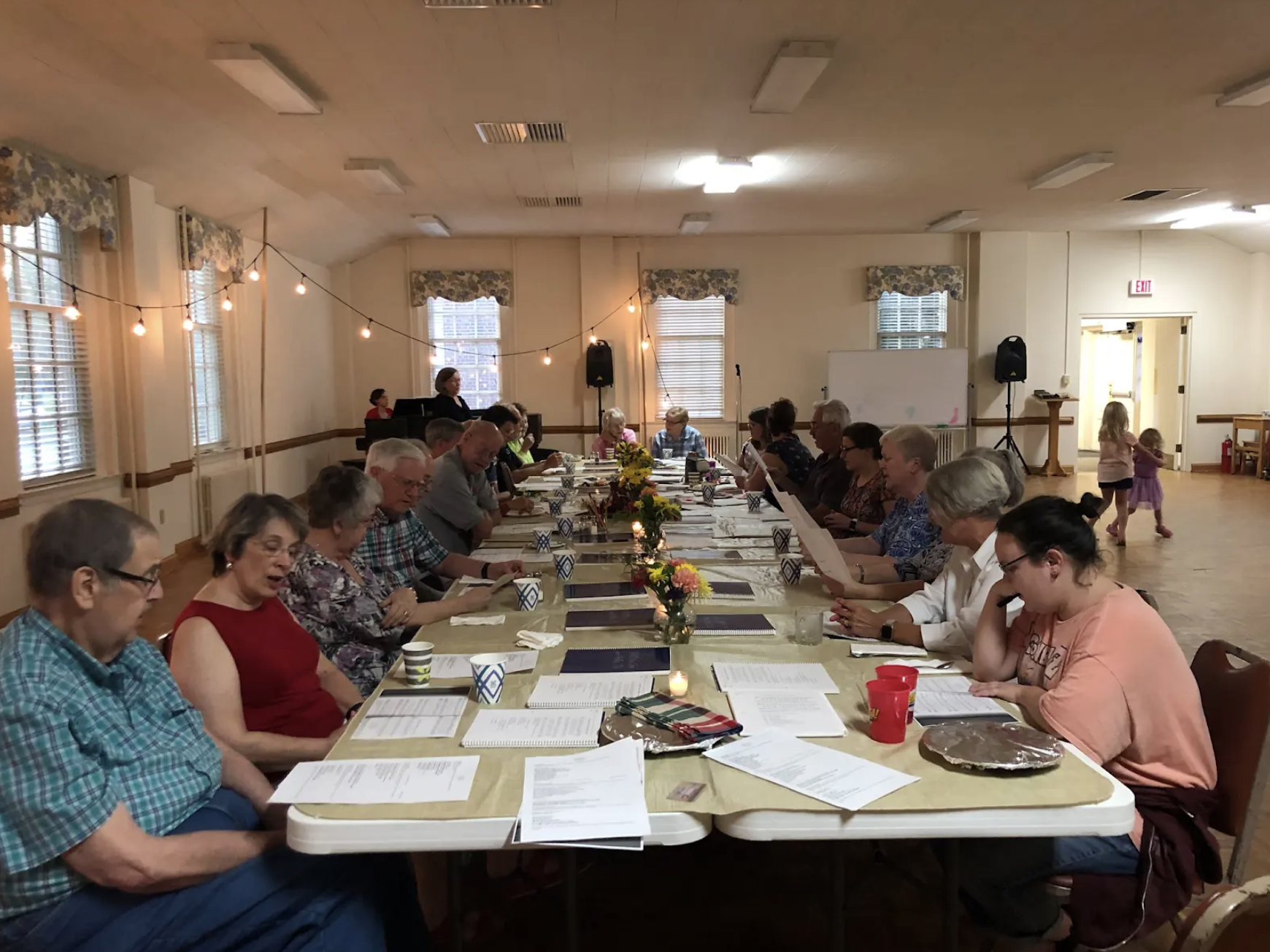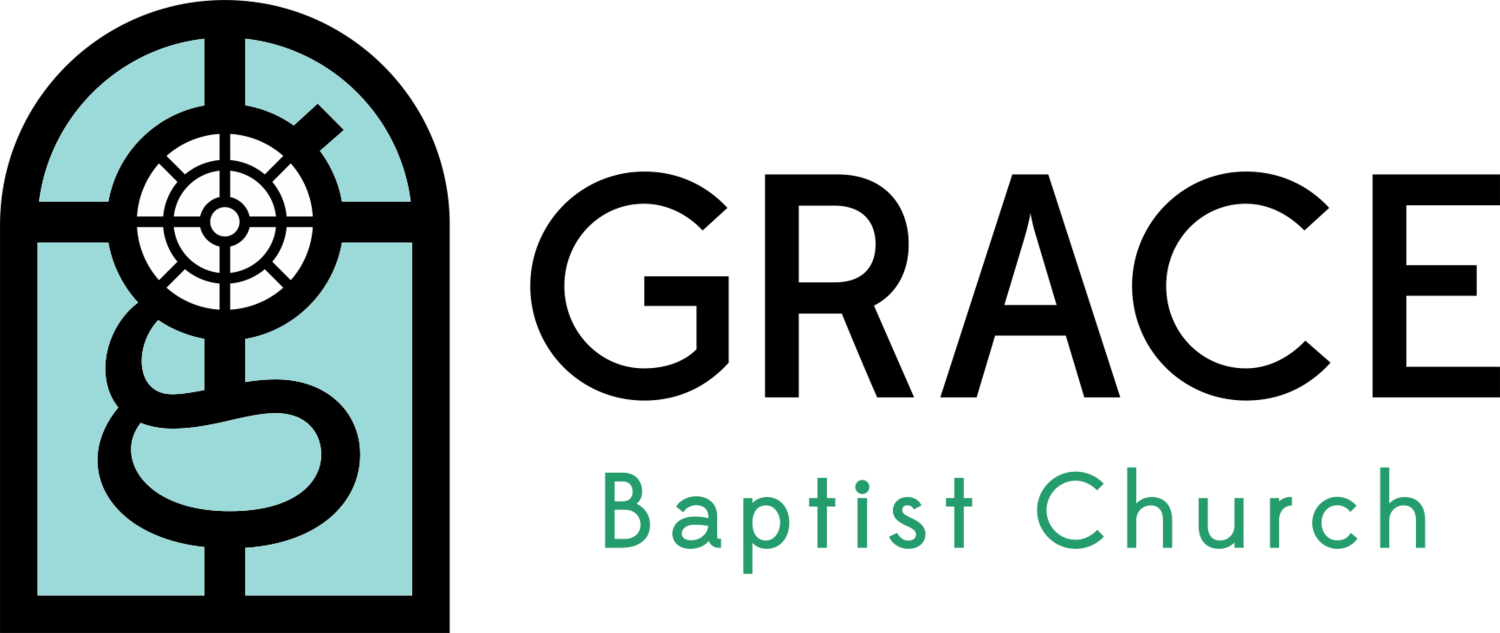
Liturgy
Liturgy means, “work of the people.” At Grace, liturgy is used as a way to encourage the participation of our community in the worship and life of the Church. It educates, inspires, encourages, and orients us in the way that God wants us to live.
Preacher Tom Long says worship is “God’s language school for life.” Liturgy is but one piece of worship, which helps to form a new language in us for living as God’s people in the world.
We love inviting our community to write liturgy to use in worship. We’ve paraphrased psalms that have been read and even sung in worship. And we’ve even written hymnkus–what’s that you ask? Hymnkus are hymns written in the form of haiku. We have written hymkus as a group, writing one line and passing the paper to a neighbor to write the next. We have written them as a large group as well as individually. Here are just a few examples:
Love is in my heart
Calling me to share your grace,
Teach me how to love.
Quiet, peaceful, calm.
Early in the morning mist
God’s warming my heart
Now as we begin,
Settle my heart in God’s peace.
Lo, God is with me.
My God, loving God,
Embrace today, loving God,
Fill my every need.
Lord, I hear your voice,
Calling me to live your love.
Help me live like you.
The Church Year
At Grace, we take into consideration the Church year as we worship together. The Church Year is a rhythm to remind us of the life, death, resurrection, and indwelling of Jesus. For centuries Christians have been telling the compelling story of Jesus. We do this in many ways: sermons, liturgy, conversations, art and song, just to name a few. Another way we tell the story of Jesus, along with thousands of churches across the globe, is joining in the ancient practice of observing the Church Calendar Year. Each year, we set aside different seasons to remember different portions of the life of Christ and the purpose of his Church.
Ordinary Time: The “normal” rhythms of the church happen in this long season after Easter and Christmas. “Too often we look for God’s Spirit in the extraordinary when God has promised to be present in the ordinary.” — James K. A. Smith
Advent: The weeks leading up to Christmas help us prepare our hearts, year in and year out, for the “advent” or arrival of Jesus in the world.
Christmas: More than just December 25, this season helps us celebrate Christ’s coming in a humble manner more than 2,000 years ago.
Lent: Before the triumphant celebration of Christ’s resurrection, we spend a few weeks journeying with Jesus toward the last week of his life.
Holy Week: The week leading up to Easter, we take several special opportunities to remember some of the most important events in Jesus’ story.
Easter: The most joyous, glorious celebration of the Church! A season of thanksgiving that Christ has risen from the grave, that he cannot be held even by death, and that he has overcome the death-dealing forces in this world.
Pentecost: A few weeks after Easter, but before ordinary time, we celebrate the day that God sent the Holy Spirit to dwell among the Church.

